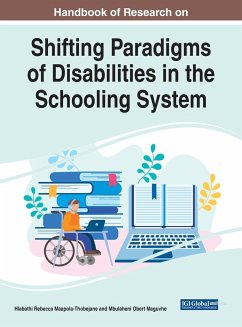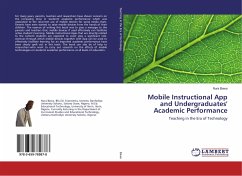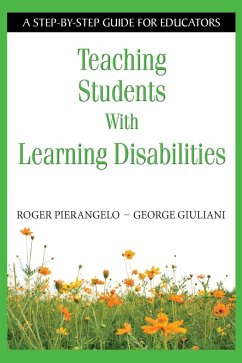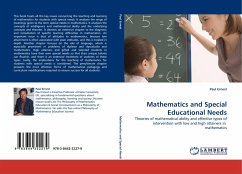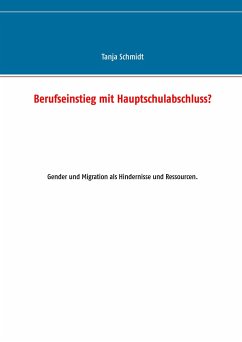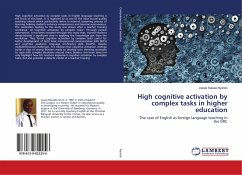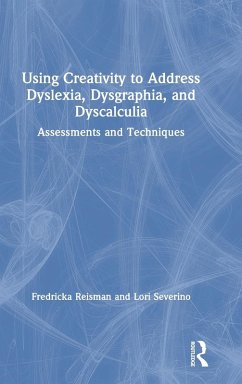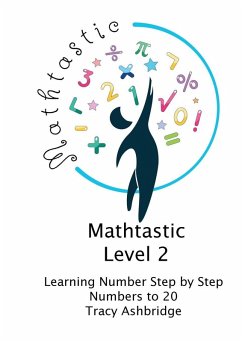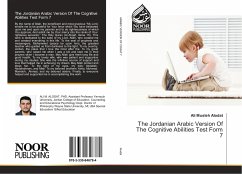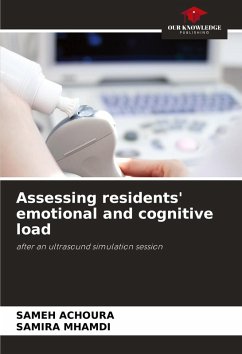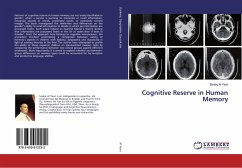
Cognitive Reserve in Human Memory
Versandkostenfrei!
Versandfertig in 6-10 Tagen
53,99 €
inkl. MwSt.

PAYBACK Punkte
27 °P sammeln!
Patterns of cognitive reserve in human memory are not easily identifiable in gender; when a person is learning to memorize or recall information, recognize sounds or words, prolonged voices, or excessively control images. This book investigated the similarities and differences on the gender's ability to recall information to decide in which sex information are processed faster. Such scope helped us examine Martin'e theory stating that information are processed faster in the LH of males than it does in females'. Since the approach here belongs to cognitive neuroscience, the procedure involved u...
Patterns of cognitive reserve in human memory are not easily identifiable in gender; when a person is learning to memorize or recall information, recognize sounds or words, prolonged voices, or excessively control images. This book investigated the similarities and differences on the gender's ability to recall information to decide in which sex information are processed faster. Such scope helped us examine Martin'e theory stating that information are processed faster in the LH of males than it does in females'. Since the approach here belongs to cognitive neuroscience, the procedure involved undertaking a comparison between variety of memory's aspects in children with dyslexia, dysgraphia and dyscalculia in light of existing theories in the field. The author here attempted to profile the ability of these impaired children on standardized memory tasks by comparing the performance between two clinical groups against different treatments. More importantly, it is aimed to explore whether any between-group differences on memory types could be accounted for by receptive and productive language abilities.



